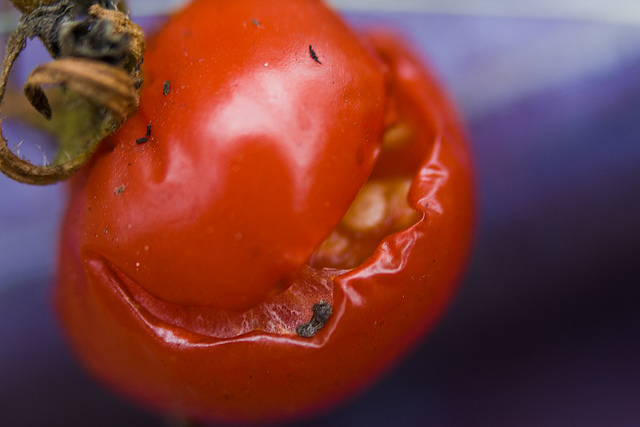Food waste is increasingly recognised as a major problem, and several initiatives and projects are working to reduce it. Here is a quick guide to what Sweden is doing, followed by highlights of initiatives around the world.
Swedish action on food waste
In 2013–2015, the Swedish Board of Agriculture (Jordbruksverket), the Swedish Environmental Protection Agency (Naturvårdsverket), and the National Food Agency Sweden (Livsmedelsverket) were assigned to find ways to reduce food waste. They focused on identifying knowledge gaps and barriers to reducing food waste; educating consumers; increasing collaboration among actors in the food chain; providing examples of effective approaches; stimulating production of biogas from food waste that cannot be prevented; and making recommendations for future work.
The final report includes links to all the materials developed during the three-year project. It also proposes a long-term strategy focused on:
- Communicating a food waste reduction target;
- Fostering collaboration across the food chain to reduce food waste;
- Building a knowledge base, including by investigating “exported” food waste to ensure that actions by companies in Sweden are not increasing food waste in producer countries;
- Developing communication tools and material for different target groups; and
- Addressing regulatory issues.
SaMMa, a Swedish collaboration on food waste established as part of the three-year project, has been made permanent, with biannual meetings that bring together people from across the food chain to share knowledge and ideas.
Another Swedish leader in the fight against food waste is Konsumentföreningen Stockholm (KfS, the Swedish Consumer Cooperative), which provides easy-to-understand information, guidance documents, and educational materials. KfS also monitors food waste initiatives nationally and internationally and highlights good examples.
Initiatives around the world
In the UK, WRAP has done pioneering research on how to measure, quantify and prevent food waste and has published numerous reports and tools to support food-chain actors and consumers in their efforts to reduce food waste.
Feedback has been a pioneer in campaigns against food waste, with a focus on global food chains. It has also produced and supported important research, highlighting the impact of unfair trade practices by European buyers on food waste in Kenya and in Costa Rica, for example.
In the United States, the Rockefeller Foundation last year launched YieldWise, a US$130 million initiative that aims to sharply reduce post-harvest food losses, starting with fruits, vegetables, and staple crops in Kenya, Nigeria, and Tanzania.
The Think.Eat.Save campaign of the Save Food Initiative is a partnership between the United Nations Environment Programme (UNEP), the Food and Agriculture Organization of the UN (FAO), Messe Düsseldorf and 16 other partners in support of the UN Secretary-General’s Zero Hunger Challenge. It aims to provide a platform for exchanging ideas and good examples, catalyse action in different sectors, and provide practical advice.
FAO has established a Technical Platform on the Measurement and Reduction of Food Loss and Waste, designed to facilitate local, national and regional-level actions and measure results.
Champions 12.3 is a coalition of executives from governments, businesses, international organisations, research institutions, farmer groups, and civil society focused on raising ambition, mobilising action, and accelerating progress toward achieving Target 12.3 of the Sustainable Development Goals – to halve per capita global food waste by 2030. The coalition aims to lead by example, motivate others, raise awareness and advocate for innovation, investment, better information, and increased capacity to reduce food loss and waste.
The European Union’s Circular Economy Package explicitly addresses food waste and aims to support achievement of the SDG targets for food waste reduction in the EU. Under the Action Plan, the EU will develop common EU methodology to measure food waste; create a new platform involving governments and food chain actors to help measures needed to achieve the food waste SDG and facilitate cooperation; clarify EU legislation related to waste, food and feed, and facilitate food donation and the use of by-products for feed production; and examine ways to improve the use of labels such as “best before” on packaged foods.
Note: This summary is adapted from Sections 3.4 and 3.5 of the SIANI Expert Group on Food Waste 2016’s technical report, Food Waste Prevention Strategies in Global Food Chains, by Karin Östergren, Emma Holtz.
